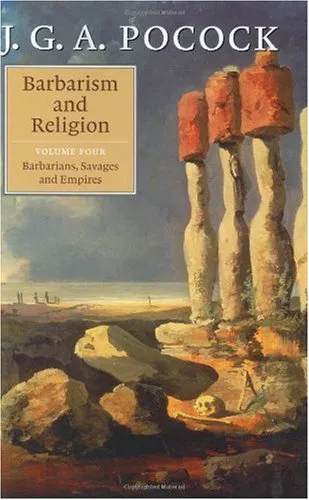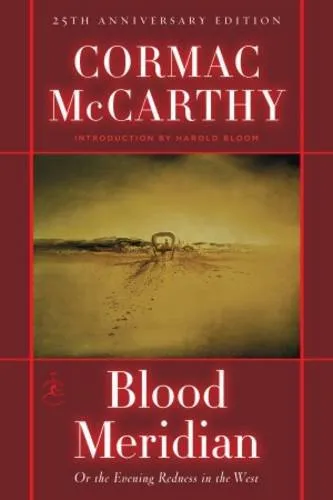Barbarism and Religion, Vol. 4: Barbarians, Savages and Empires
4.5
Reviews from our users

You Can Ask your questions from this book's AI after Login
Each download or ask from book AI costs 2 points. To earn more free points, please visit the Points Guide Page and complete some valuable actions.Related Refrences:
Welcome to the remarkable world of historiography and enlightenment explored in "Barbarism and Religion, Vol. 4: Barbarians, Savages and Empires." In this installment, J. G. A. Pocock delves deeper into the nature of civilization, savagery, and the intertwining narratives that historians have woven to depict the rise and fall of empires.
Detailed Summary
In "Barbarism and Religion, Vol. 4," Pocock continues his extensive exploration of the Enlightenment period with a focus on the thematic duality of 'barbarism' and 'civilization.' Through a meticulous analysis of Edward Gibbon's "The History of the Decline and Fall of the Roman Empire," Pocock expands on how Gibbon and his contemporaries understood the complexity of cultural encounters. The book unravels the ways in which the constructs of 'barbarians' and 'savages' were employed to contrast and define European identity, while examining the historical narrative of the Roman Empire's expansion and disintegration.
Pocock also explores the depiction of indigenous societies during the Enlightenment and the political implications of assigning the labels 'barbarian' and 'savage' to certain groups. This volume extends beyond a discussion of historical interpretation and challenges readers to reconsider the concept of civilization and the roles of different societies within world history. By doing so, Pocock invites a re-examination of the Enlightenment's influence on modern historiographical approaches.
Key Takeaways
- Understanding the historical context within which terms like 'barbarian' and 'savage' were used by Enlightenment thinkers.
- Insights into Gibbon's narratives and their enduring impact on historiography.
- Analysis of the philosophical and political underpinnings that shaped Enlightenment depictions of empire and otherness.
- Reevaluation of the Enlightenment as a period that laid the groundwork for modern historical analysis and identity formation.
Famous Quotes from the Book
“In the narrative of empires, the barbarian serves not only as a foil but as a foundational figure in our understanding of civilization.”
“The Enlightenment's quest for knowledge was inseparable from its quest for mastery over other peoples, manifesting in the language of civilization and savagery.”
Why This Book Matters
"Barbarism and Religion, Vol. 4" is a significant contribution to the field of Enlightenment studies and historical analysis. It matters because it encourages modern scholars to critically assess the foundations of historical narratives that have shaped Western understanding of other cultures and societies. Pocock’s work challenges prevailing assumptions and highlights the complexities of interpreting past events through contemporary lenses.
The book is an essential read for historians, philosophers, and anyone interested in the interplay between cultural identity and historical narrative formation. By addressing the enduring influence of the Enlightenment, Pocock provides tools for understanding how historical narratives continue to influence modern discourse on civilization and its perceived opposites.
Free Direct Download
You Can Download this book after Login
Accessing books through legal platforms and public libraries not only supports the rights of authors and publishers but also contributes to the sustainability of reading culture. Before downloading, please take a moment to consider these options.
Find this book on other platforms:
WorldCat helps you find books in libraries worldwide.
See ratings, reviews, and discussions on Goodreads.
Find and buy rare or used books on AbeBooks.
1532
بازدید4.5
امتیاز50
نظر98%
رضایتReviews:
4.5
Based on 0 users review
"کیفیت چاپ عالی بود، خیلی راضیام"
Questions & Answers
Ask questions about this book or help others by answering
No questions yet. Be the first to ask!



